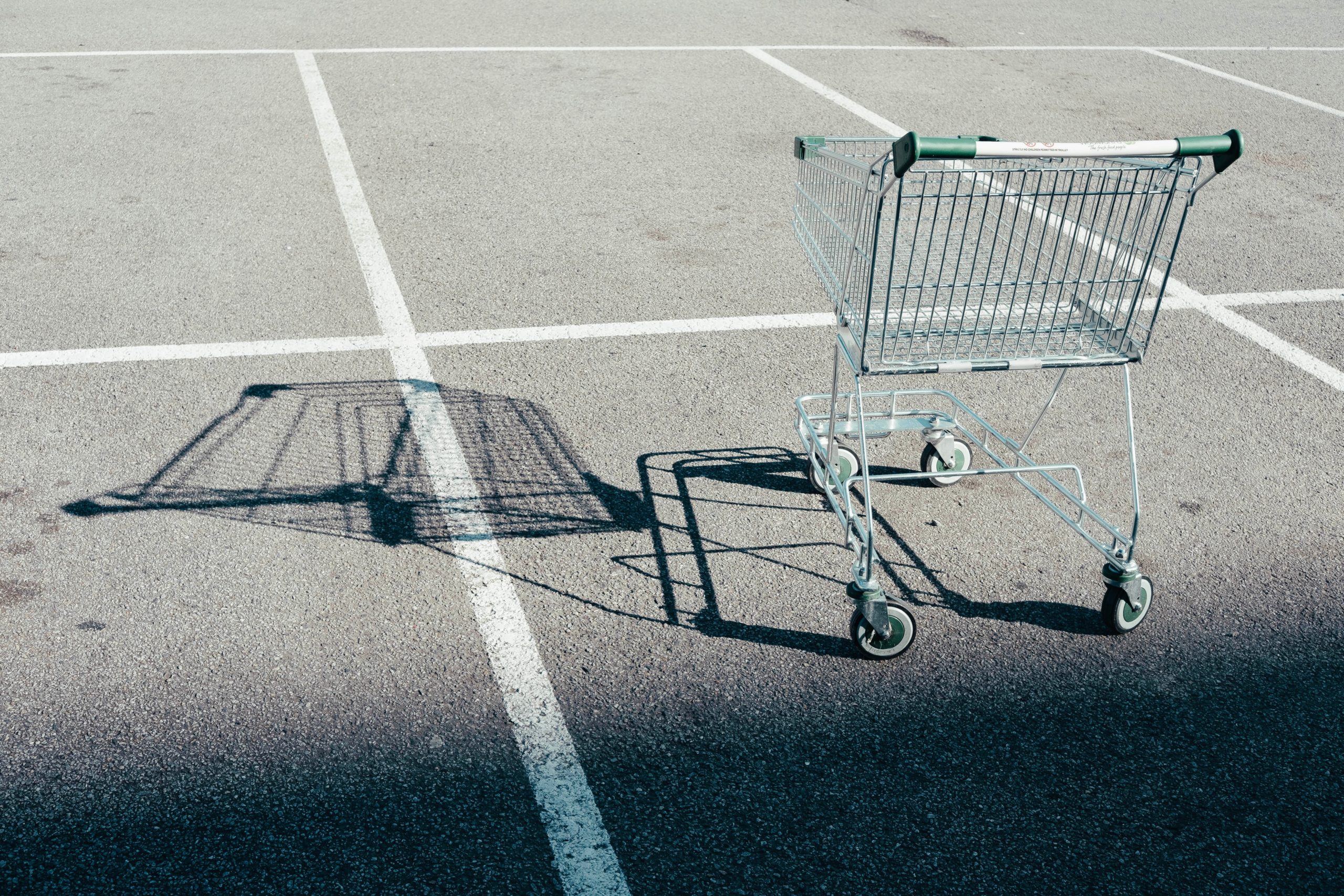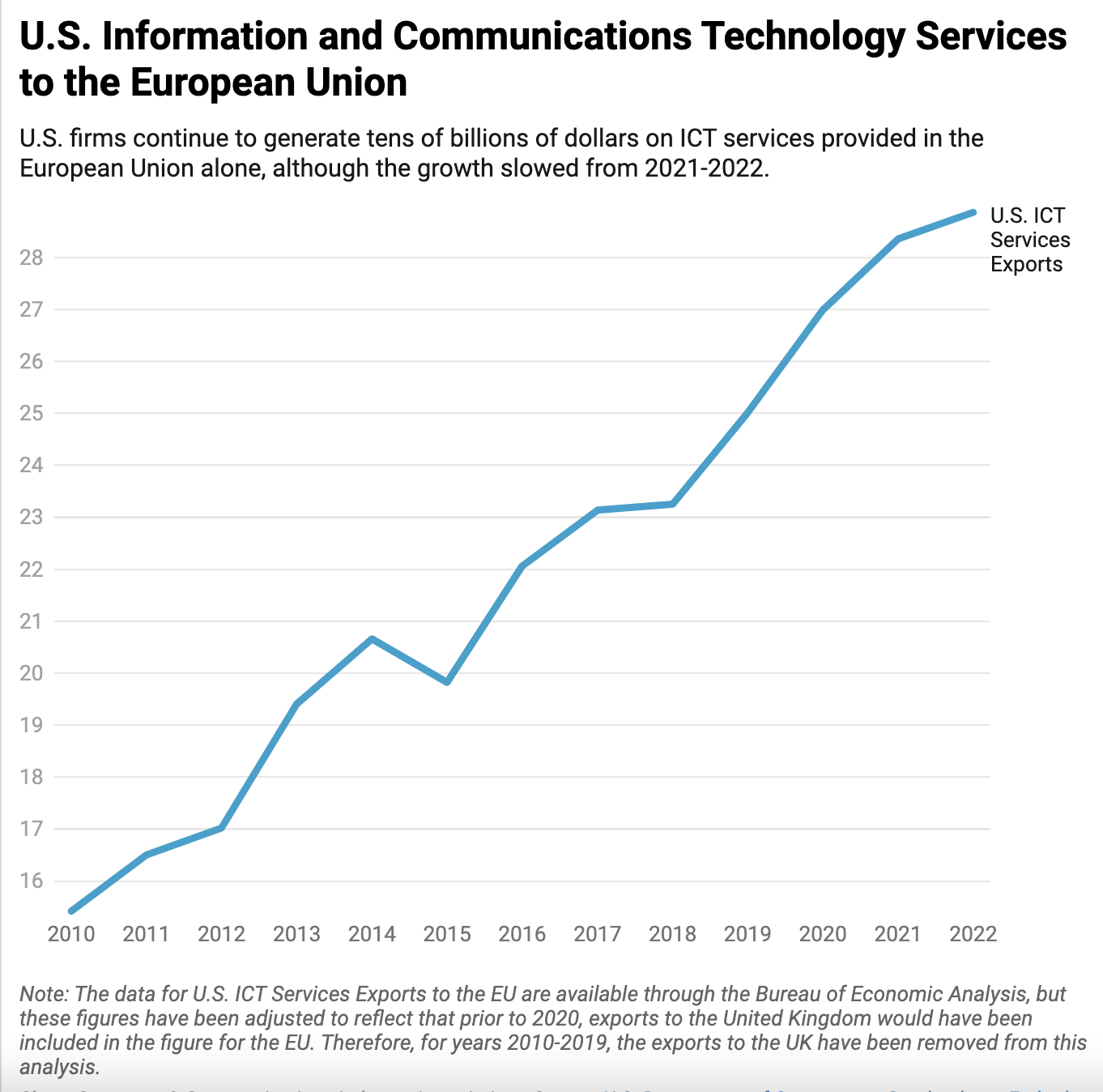Ban on 1-stop shopping could change digital services for the worse

As the House Judiciary Committee (HJC) prepares to publish an antitrust report following a lengthy span of hearings on tech and antitrust, speculation about the report’s potential content has begun.
One idea, floated by a key lawmaker, relates to the possibility of prohibiting digital services from operating a “platform” for third parties while also selling their own products in the same space. In brief, the idea appears to be that in the digital environment, companies should not provide a retail space while also retailing their own products in that same location. (This idea has been described as “Glass-Steagall” for the Internet, a reference to a now-repealed 1932 banking law that had, among other things, prohibited banks in the Federal Reserve System who were engaged in securities-related activities from also providing consumer-facing services like accepting deposits.)
To envision what Depression-era regulations might mean for consumers’ online experience, it is easiest to think about brick-and-mortar retail. Consumers shopping for groceries are accustomed to finding top-selling branded items on the shelf next to store-brand supermarket products. Upon learning what their customers like, supermarkets often feature store-branded versions of top-selling products, usually at a more affordable price. For example, a grocery store might offer its own cola beverage next to Coca-Cola on the shelf. The store brand might even come in a red can. Consumers generally like being able to choose between a premium brand and a more affordable option.
Mandating structural separation of the retail function and the producer function in the digital environment would be similar to prohibiting brick-and-mortar supermarkets from placing their own-branded products on the shelf. If supermarkets wanted to continue to sell their own branded products, they would have to do so elsewhere.
Would this benefit consumers? In the best-case scenario, grocery shoppers would have to visit two locations to get the same products, spending more in terms of time, transportation, and transaction costs. In the worst-case scenario, supermarkets might simply discontinue producing affordable, store-branded products, rather than open a new chain of stores or selling through competitors. Consumers would be worse off, with fewer and more expensive choices when grocery shopping.
What would a potential mandate to separate lines of businesses mean for online consumers? It’s messy, because the reality is that the line between brick-and-mortar retail and online retail is largely artificial. As more retailers strive to reach consumers through multiple channels, brick-and-mortar and digital channels form part of the same markets. In addition, large brick-and-mortar retailers are increasingly using their web presence to provide online marketplaces that enable third-party sellers.
It seems unlikely that the forthcoming committee report would propose banning Walmart from selling its popular house-brand products like Sam’s Choice or Great Value, or prohibit Target from selling its own groceries. But it is less clear how a “no one-stop shop” requirement would affect those retailers’ websites, particularly their third-party sales.
Undoubtedly, a requirement to separate the sale of products from retail functions would have profound implications for goods and services offered primarily through digital channels. App stores like those of Microsoft and Apple, which sell the companies’ own applications as well as those of others might be forced to stop doing so. It would be a strange policy that ensured that Microsoft’s app store was the one place you couldn’t buy Microsoft Office. Similarly, a ban on one-stop shopping could force popular video game console makers, such as Sony, to either stop developing their own games, or stop selling digital versions of those developed by third parties. And Amazon consumers, accustomed to one-stop shopping for various products, would likely find their choices constrained as well.
The U.S. antitrust laws aim to ensure that markets work to the benefit of consumers. Guaranteeing that businesses compete means consumers enjoy the benefits of newer, better, or more affordable goods and services. Obliging companies, digital or otherwise, to artificially segregate where a consumer can obtain particular products would limit choice, and thus undermine this goal.








